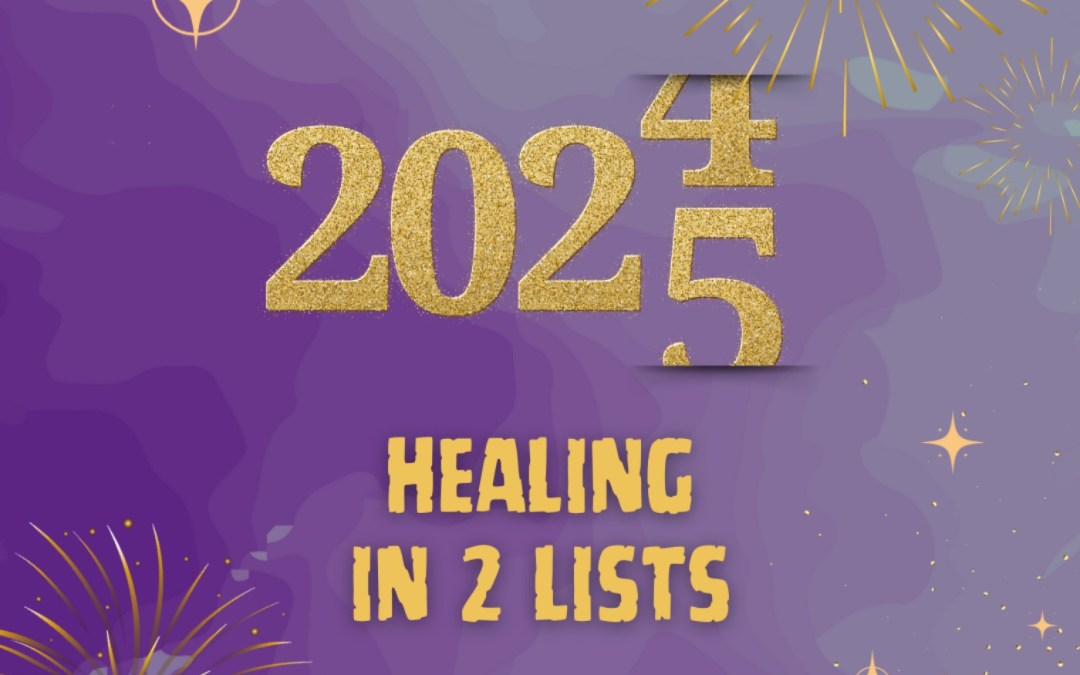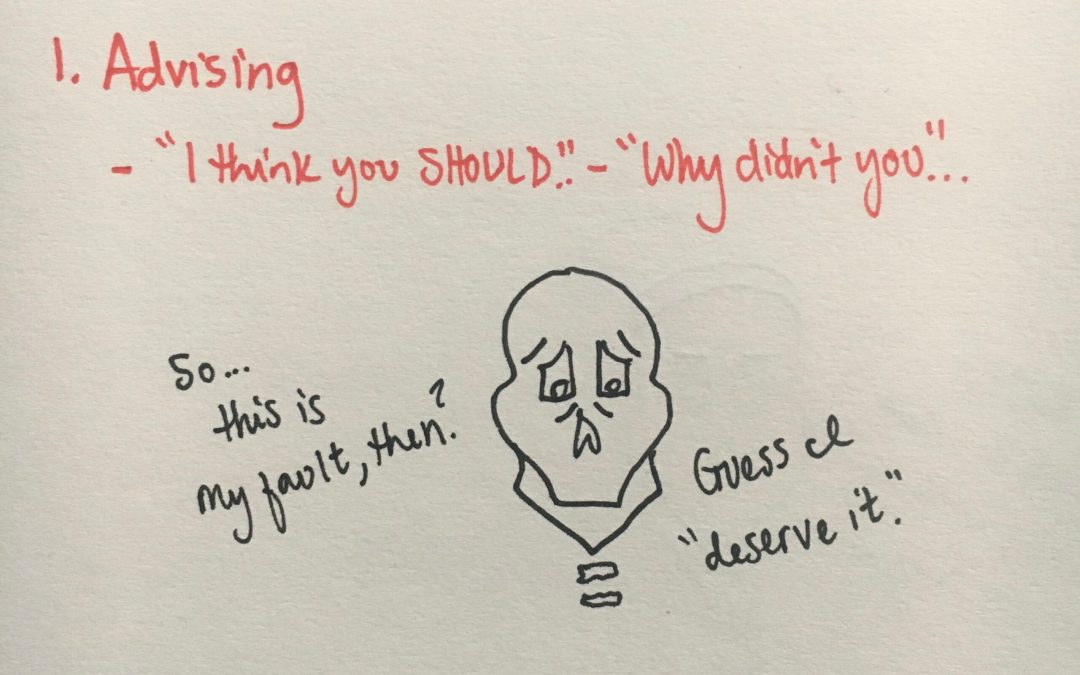FUCLR: Fucked Up Core Love Rules. A trauma signature. Let's make sure our love perspectives aren't too large or too...
Posts Tagged "psychological healing"
01 UN*FAMILIAR WORLDS
*hopefully EVERYTHING IS TOTALLY "RIGHT" HERE. The story of MRV, camphosting, applying CPTSD skills to a new world,...
Self-Love pt 5.75: Love Eliciting Actions
THE TIME IS NOW. Going beyond "love language," we create our own emotional state with granular love actions that cost...

00 MRVn ALONG: Parasocials
NEW EPISODE FORMAT: EP 0 Parasocial relationships. Gift or curse? Both. Let's do this responsibly, applying what we...
Actual self-Love pt 5.?: FEEL ING Love. not abuse.
Let's talk about feeling love. And removing the stains of abuse. Transcript: Greetings, fuckers. Let's talk about...
TMFRs 2025 A nu Plan
Transcript: Greetings, fuckers. Let's talk about plans for 2025 in just a couple of minutes here. So you may remember...

2025: Compassionately Healing in 2 Lists
What do we need this year!? Gentle self direction so we don't regress! Let's talk about recovery in difficult times...

Actual self-Love pt 5.5 (still?): The Thaw
We've refound ourself. Now we need ammo (gentler feelings) to fire away. Let's start thinning the wall around that...

FEAR OF BEING YOU.
This eve we're visited by ghosts three: fear of being, fear of being you, and fear of being you among others. Don't...

DIS-ASSOCIATION
You're with your self... and then you are not. Disassociating into the brain, the body, or the ether. How do we...

“NOT YOUR BEST MOMENTS”
Time interrupted by memories of embarassment or regret? Remember where unintended actions originate from and make your...

Avoiding & Compassionately Rectifying “Abuse Supporting Stupidity”
Followup post! How can we combat the brain's tendency to willfully protect itself while maintaining a...

BONUS NUG: The Freedom of Fucking Up (and apologizing when you do)
t-brain says: mistakes and apologies = danger. Especially in the self esteem department. h-brain says: nah, Fucker....

Projective Identification (emotional enmeshment soup) | Video+Transcript
Short and snappy, let's talk about Projective Identification. It's more than "Projection," it's a clusterfuck of...

Projective Identification (emotional enmeshment soup)
Short and snappy, let's talk about Projective Identification. It's more than "Projection," it's a clusterfuck of...

3.11. Ten Destructive Responses that Set Off Trauma Defenses
This podcast episode explores ten destructive responses to avoid in sensitive conversations, based on NonViolent Communication principles. It discusses why people use these responses and their impact on relationships. The episode provides insights into improving communication skills, especially during stressful holiday interactions with family. It emphasizes the importance of empathy, active listening, and self-awareness in fostering healthier interpersonal dynamics.